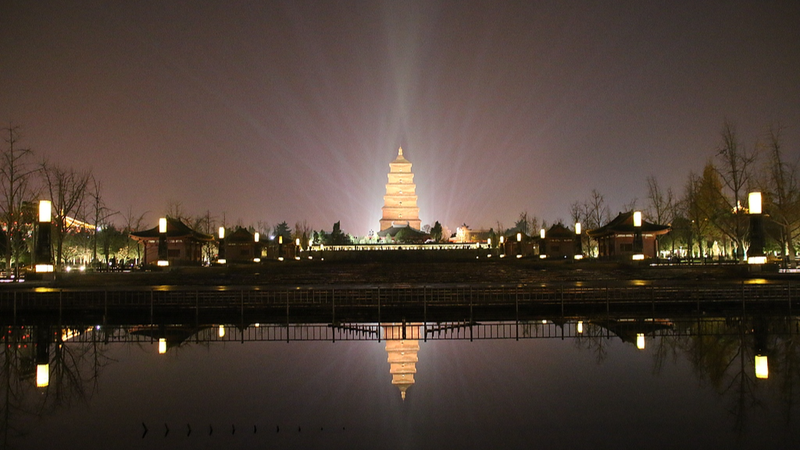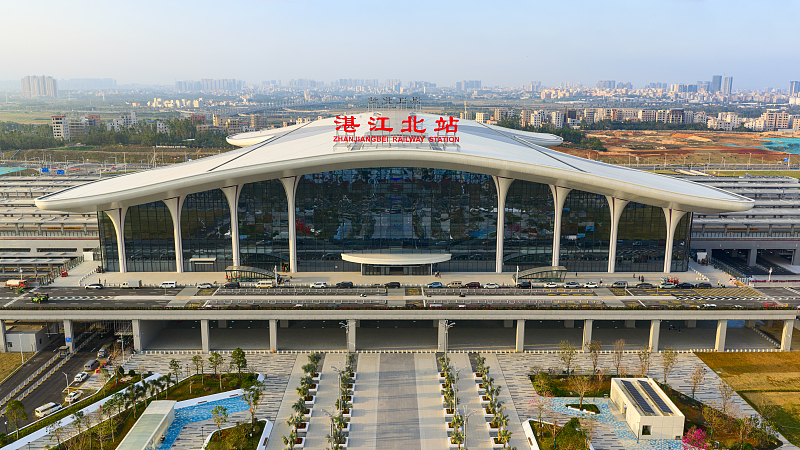In October 1971, the United Nations General Assembly faced a landmark decision: who would represent China at the UN? Delegates voted on Resolution 2758, restoring the lawful seat to the People's Republic of China and reaffirming the one-China principle.
Fast forward to today: in recent years, some U.S. politicians and think tank scholars have challenged this consensus by claiming the Taiwan region's status remains "undetermined." Experts warn these narratives can spark a "cognitive war" on the Taiwan question, blurring legal clarity and stirring political tensions.
International law experts highlight Resolution 2758's clear language: it recognized the representatives of the People's Republic of China as the only lawful representatives of China to the United Nations, while expelling the representatives of Chiang Kai-shek. This affirms that the UN acknowledges one government representing one China.
Witnesses in the chamber recall the charged atmosphere and passionate debates before the vote—moments that have become part of UN lore and still influence diplomatic playbooks.
By revisiting these debates, expert analyses, and firsthand accounts, we can cut through modern distortions and understand why UNGA Resolution 2758 still anchors the one-China principle in international law.
Reference(s):
cgtn.com




